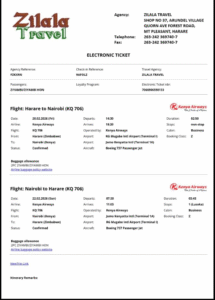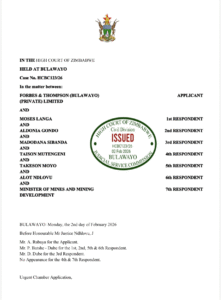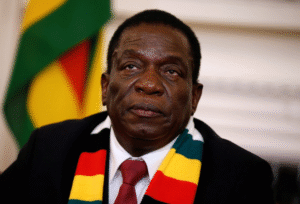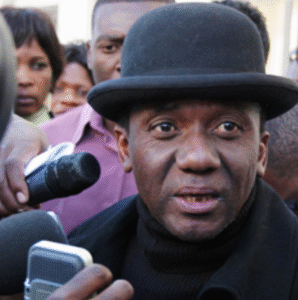FIGHT FOR JUSTICE: ZIMBABWE’S BATTLE FOR FREEDOM OF EXPRESSION THROUGH JOB SIKHALA’S APPEAL

In a pivotal development that has seized the spotlight both domestically and globally, Job Sikhala, a key player in the opposition landscape of Zimbabwe, has initiated an appeal against his conviction and subsequent sentencing. Sikhala was adjudicated guilty under section 31a(iii) of the Criminal Law (Codification and Reform) Act (Chapter 9:23) for disseminating falsehoods deemed detrimental to the state. This ruling underscores the ongoing contention surrounding freedom of expression within Zimbabwe.
The judiciary mandated Sikhala to pay a US$500 fine or alternatively face a two-month incarceration, alongside a conditional nine-month imprisonment suspended for five years, provided he refrains from committing a similar offense. This verdict has ignited broad discourse on the democratic and human rights situation in Zimbabwe, transcending Sikhala’s personal predicament to symbolize a broader narrative of political repression and the extents individuals will venture to champion their convictions and the unrestricted right to voice them.
As a pronounced critic of the ruling establishment, Sikhala’s entanglement in legal troubles ensued from his candid remarks following the egregious murder of Moreblessing Ali, an opposition activist. The alleged perpetration of this act by Ali’s former boyfriend, affiliated with Zanu PF and who has been sentenced to a 30-year prison term, sparked widespread denouncement and spotlighted the treacherous milieu in which political dissidents operate in Zimbabwe. Sikhala’s arrest and the ensuing 595 days of pretrial detention at Chikurubi Maximum Security Prison for inciting public unrest underscore the peril encountered by those challenging the prevailing order.
The appeal against his conviction transcends a mere legal skirmish; it embodies Sikhala’s resolute commitment to confronting perceived governmental injustices against its detractors. This case delicately navigates the intersection of national security imperatives and the inalienable human right to free expression. The employment of section 31a(iii) of the Criminal Law (Codification and Reform) Act to convict Sikhala provokes critical inquiries into the statute’s deployment and its implications on quelling dissenting voices.
Amidst heightened international scrutiny over its human rights conduct, Zimbabwe’s actions towards opposition figures such as Sikhala are critiqued as indicative of a more extensive crackdown on dissent, aimed at muffling opposing narratives ahead of electoral contests. Conversely, the government contends its adherence to legal frameworks, defending the nation against unfounded allegations that could potentially incite public disorder.
As the appeal process for Sikhala unfolds, it emerges as a crucial test for the independence of Zimbabwe’s judiciary. It bears the prospect of restoring faith in the legal mechanism’s ability to amend injustices and uphold equity. Nonetheless, it also presents a stark reminder of the formidable obstacles in the pursuit of a more democratic and equitable Zimbabwe.
The anticipation surrounding the outcome of this appeal stretches far beyond Sikhala’s immediate future, serving as an indicator of Zimbabwe’s dedication to human rights and legal principles. As international observers closely monitor, Job Sikhala’s ordeal epitomizes the enduring struggle for justice, liberty, and the power to dissent, positioning Zimbabwe at a crucial juncture in its quest for democratic governance.





